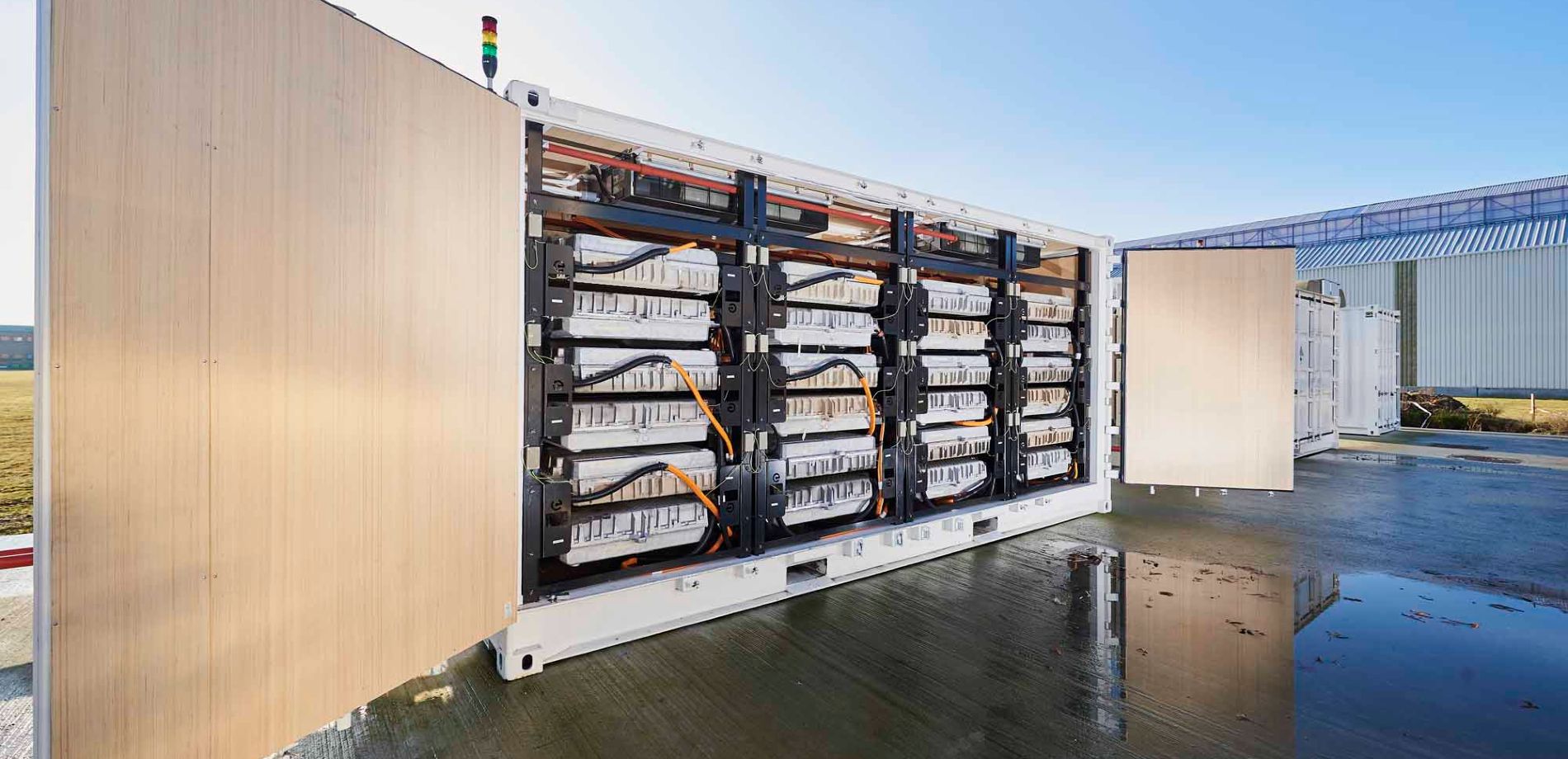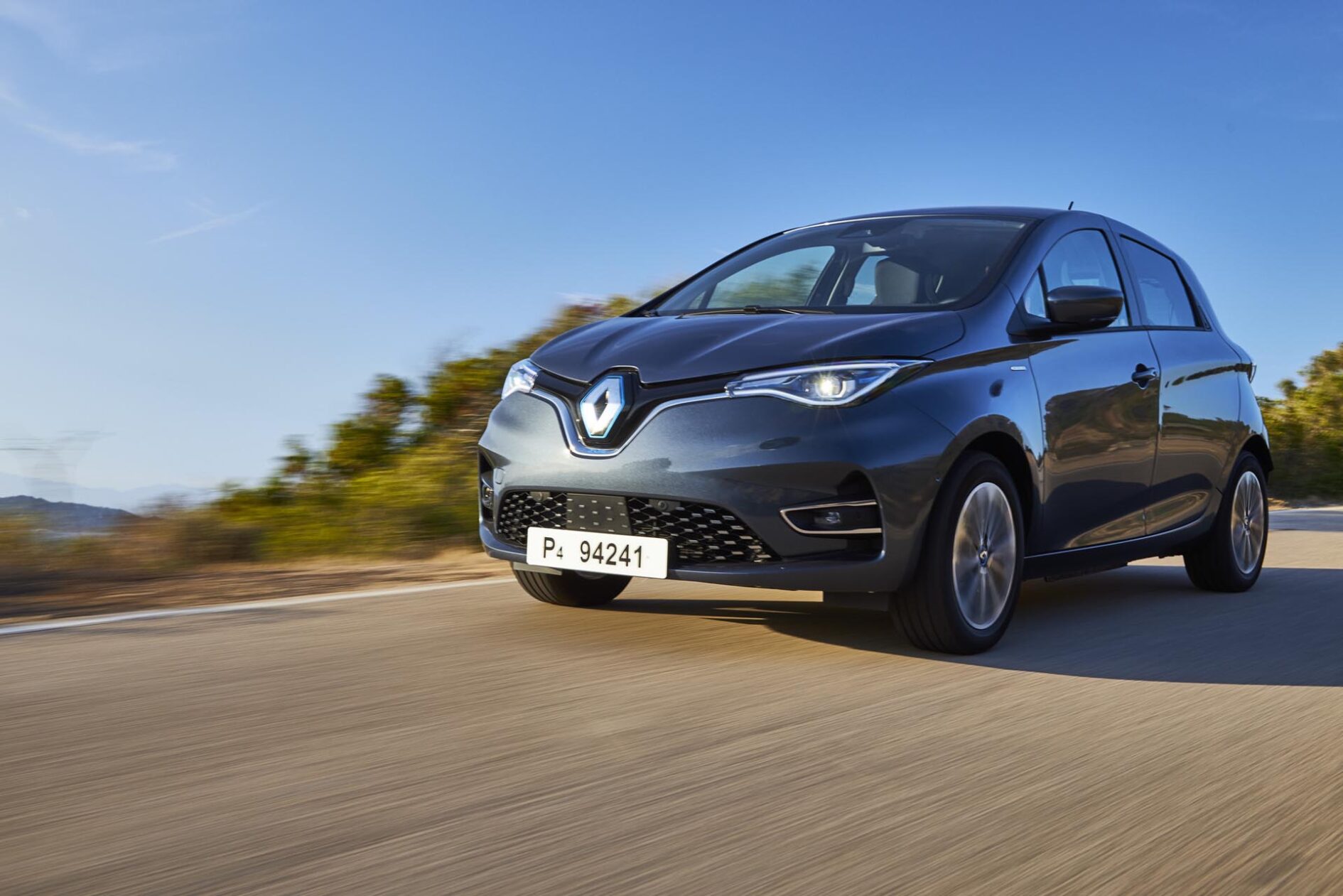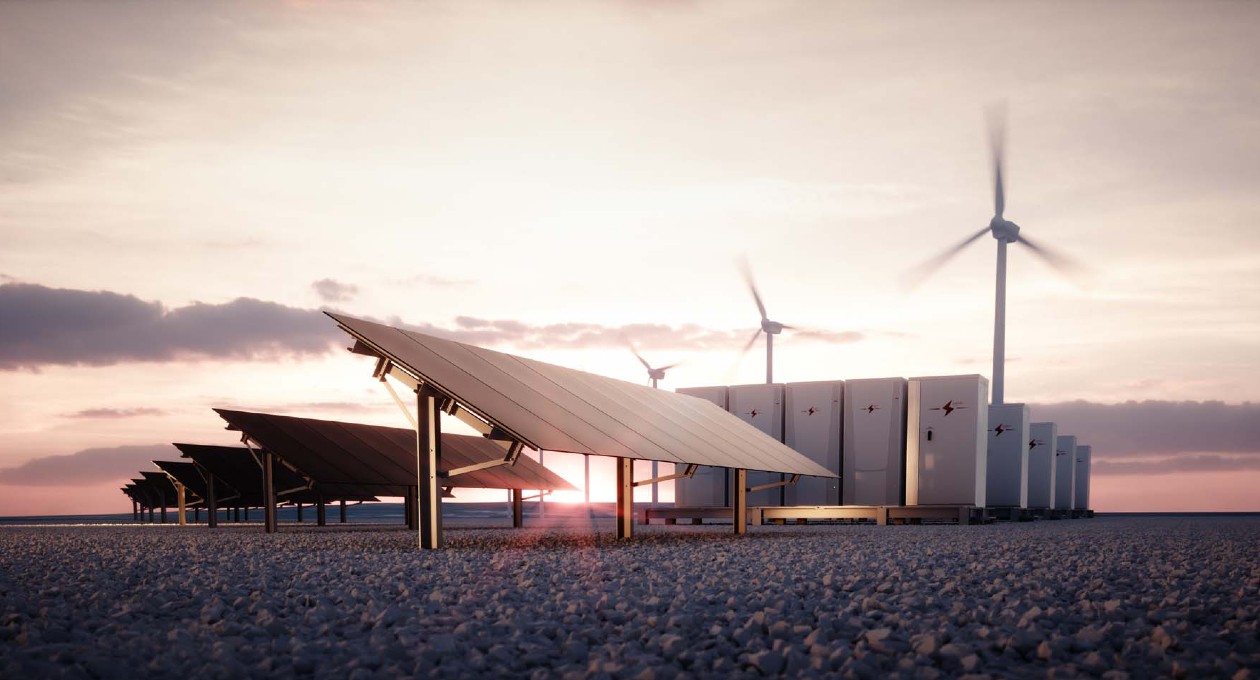

The growing importance of energy storage
With sustainable, green energy sources such as wind, hydroelectric and solar power expanding in the energy mix, and a move towards more decentralized electricity systems, the need for energy storage becomes increasingly important in order to balance supply and demand.
What are the ways to store energy?
The six main energy storage technologies are thermal storage, compressed air energy storage, hydrogen, pumped hydroelectric storage, flywheels and batteries. And, when it comes to storing energy using batteries, the electric car has a role to play.
There are two ways that the batteries from an electric car can be used in energy storage. Firstly, through a vehicle-to-grid (V2G) system, where electric vehicles can be used as energy storage batteries, saving up energy to send back into the grid at peak times. Secondly, at the end of their first life powering the electric car, lithium-ion batteries can be reused as stationary energy storage batteries.
What is a battery energy storage system?
A Battery Energy Storage System (BESS) is a technology developed for storing electric charge through the use of specially developed batteries, such as used lithium-ion electric vehicle batteries.

Vehicle-to-grid (V2G) technology
Lithium-ion batteries are by far the most widely used in Battery Energy Storage Systems these days. Developing “vehicle-to-grid” technology means they can be used while still installed in the electric car – a “mobile” energy storage system – and used to supply their stored energy back to the electricity grid when needed.
Stationary Energy Storage (SES) with batteries
Then, once they can no longer be used to power a vehicle, electric lithium-ion batteries can be repurposed and integrated into “stationary” energy storage systems. Renault has already installed such systems in Porto Santo, Belgium and in France and Germany.
Electric car batteries and energy storage
These Battery Energy Storage Systems are considered to be among the best ways to meet the challenges of energy storage. Ever a pioneer in the field, Renault announced the launch of its Advanced Battery Storage project back in 2018, with the aim of creating Europe’s largest ever stationary energy storage system.
There are five main reasons that make Battery Energy Storage Systems so interesting.
Cost efficiency
As innovations and improvements to batteries increase and electric vehicles gain in popularity, production costs drop. Better batteries means more effective vehicle-to-grid technology.
Reduced carbon footprint
Extending the life of lithium-ion electric vehicle batteries makes them more economical and lessens their carbon footprint. Ideal as part of a circular economy strategy.
Reduced geographical restrictions
From small-scale stationary energy storage containers to large-scale sites, batteries are a relatively mobile, flexible energy storage solution when compared to other energy storage systems.
Security: safeguard against disruptions
As global demand for electricity 24/7 grows, grids are being put under increasing pressure. Battery energy storage systems are reliable solutions for when demand exceeds supply and for unforeseeable disruptions.
Financial incentives
In certain countries, authorities provide financial incentives (tax breaks, grants, payments etc.) to encourage the development of energy storage using batteries. Examples include the Self Generation Incentive Program in California, USA, the Energy Storage Funding Initiative in Germany, and the Energy Storage Inventive for operators in South Korea.

The benefits of energy storage
Energy storage using batteries from electric vehicles is not just good news for the environment.
If you are looking for further reasons to get behind battery energy storage solutions, consider the peace of mind that it provides to energy producers and consumers. This in turn helps keep electricity costs predictable and under control.
For electric vehicle manufacturers too, the reuse, in second life, of the lithium-ion battery not only contributes to a circular economy but also acts as another string to the bow of the electric vehicle, adding to the appeal of electric car production.
Copyrights: Groupe Renault, Adobe Stock




